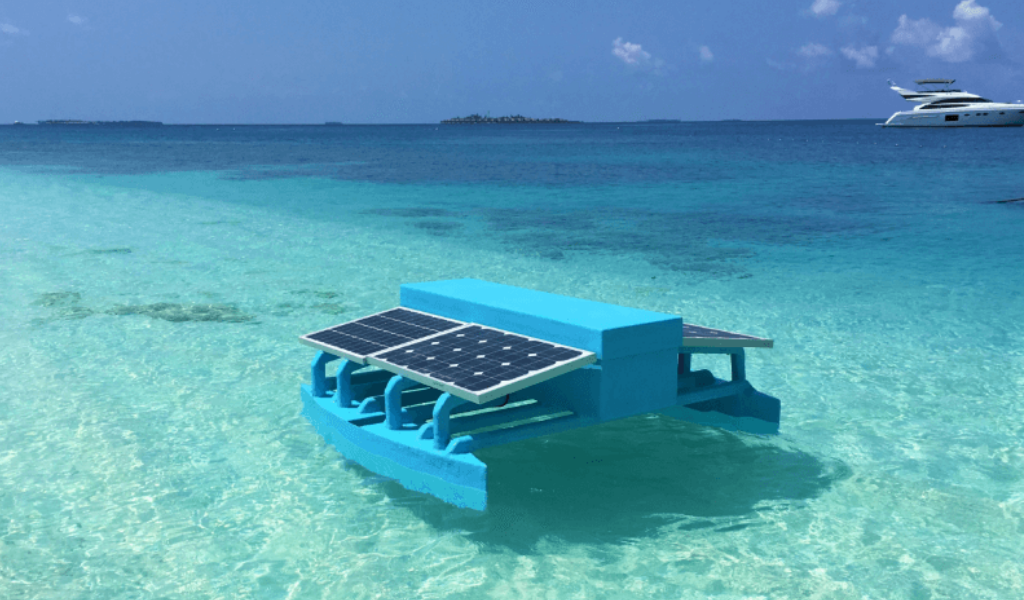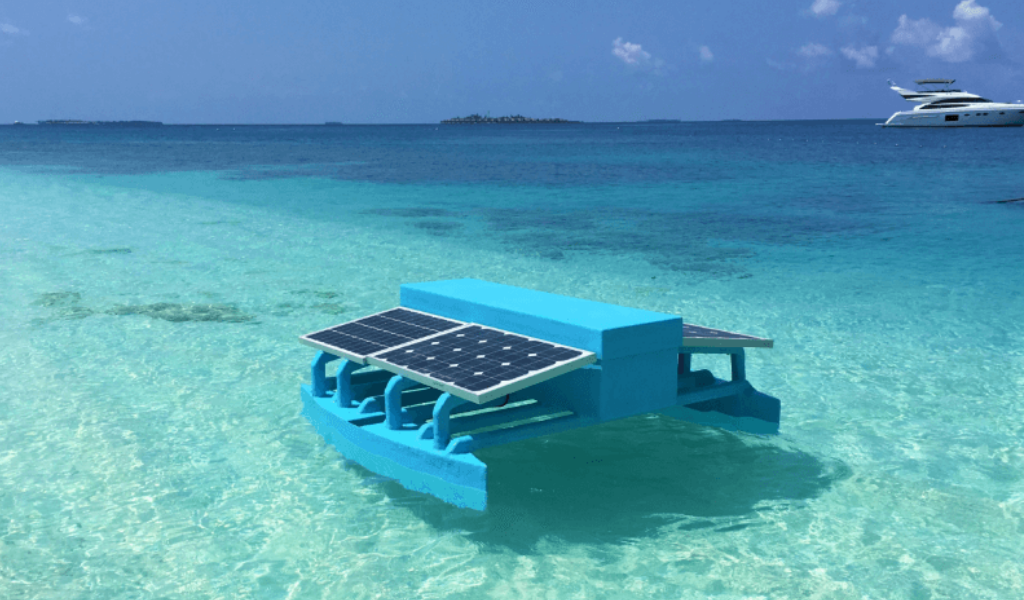

Taking 21st Century Technology into Coral Conservation
Saturday 13th of March 2021
Reefscapers have been guardians of coral reefs in the Maldives since 2005. Since it is no secret that these vulnerable ecosystems are under constant anthropogenic threat, Reefscapers have been working tirelessly at the forefront of coral reef restoration. Through their coral propagation project, they have been regenerating natural reefs around Kuda Huraa and Landaa Giraavaru by growing new coral colonies on specially made frames for over 18 years now.
The El Niño event in 2016 caused massive bleaching to occur across reefs in the archipelago and Reefscapers aim to speed up the coral repopulation with its coral propagation program so that the reef systems are ready for when the next episode will occur. Indeed, as big El Niño events increase due to climate change, the corals might soon not have enough time to recover between successive events.
Until date, Reefscapers has transplanted more than 7,800 coral frames in the Maldives, each of them supporting 30 to 110 fragments of coral. In order to improve the efficiency of the mission, it needs to be made feasible on a much larger scale and manual data collection has been a time consuming and resource limiting factor throughout the years.
In the fight for survival, it is vital to collect reliable and consistent data to enable the development of successful coral restoration and management plans. By identifying these parameters, marine biologists can make key decisions according to the survival rate of transplanted colonies, and improve the impact of the work and resources. This is why Reefscapers have been taking monitoring pictures of the coral frames, every 6 months from when they are first placed; this, however, represents a huge amount of work, which quickly limits the number of colonies they can transplant.

It is when one is presented with a challenge that they get the most creative. Using the latest advanced robotics, Reefscapers built an autonomous catamaran powered exclusively by solar energy that will take pictures for them. A Pixhawk autopilot will control the propellers, and send the catamaran to the points commanded by an onboard navigation computer (Raspberry Pi). This lightweight computer will be in charge of processing the live video feed to identify the catamaran’s surroundings. Along with the GPS signal, this will allow very precise location management, which will be essential to monitor objects as small as a coral frame.
This specially designed catamaran will allow researchers to collect more pictures than before and grow their database faster more efficiently while allowing modern day technology to be implemented in analyzing the data. Reefscapers also plans to share the design and software with other scientists who may use it to conduct surveys, similar monitoring missions, or adapt it to their own specific needs.
You too can become a part of this project by donating to funding expansion and further development of the project. Click here to see more details on how you can help.